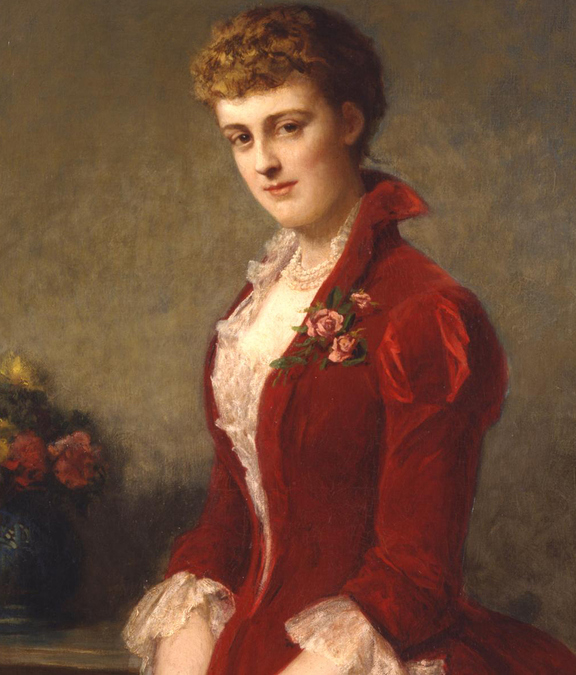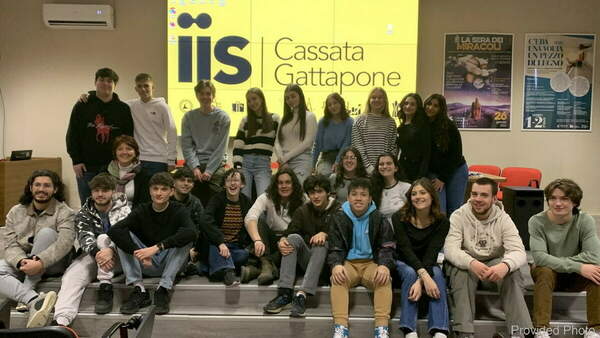
Unpublished Edith Wharton Play Discovered by Scholars
LENOX, Mass. — Two scholars have made a new archival discovery: a previously unknown, original, full-length play by Edith Wharton called "The Shadow of a Doubt."
The location of the discovery at the Harry Ransom Center at the University of Texas at Austin was unexpected. Wharton scholars have been traveling to the Ransom Center for more than three decades to research Wharton's papers. The source of their interest, however, was the author's correspondence to her lover, Morton Fullerton. What scholars missed was hidden, in plain sight, in the center's Playscripts and Promptbooks Collection (Performing Arts): two typescript copies of "The Shadow of a Doubt" by Edith Wharton.
The Edith Wharton Review, published by Penn State University Press, have published this finding, by Laura Rattray, a reader in American literature at the University of Glasgow, and Mary Chinery, a professor of English at Georgian Court University in New Jersey, in a journal article titled "The Shadow of a Doubt: A Play in Three Acts by Edith Wharton." The article includes the play in its entirety.
The play, set in England, includes Wharton's signature social realism and use of dramatic irony and wit to satirize social privilege and affluence. The play does take a decidedly dark and controversial turn into a world of extortion, mistrust, deception, and the revelation of an act claimed alternately as euthanasia and as murder.
Rattray and Chinery have been able to establish that "The Shadow of a Doubt" was not only completed, but in production by early 1901 with theatrical impresario Charles Frohman, and with Elsie de Wolfe in the leading role. For reasons not yet known, the production was abandoned.
"The Shadow of a Doubt" is not referenced in Wharton's own autobiography, "A Backward Glance," or in major biographies by R. W. B. Lewis, Cynthia Griffin Wolff and Hermione Lee. Its timing is crucial to understanding Wharton's progression as a writer. Long before the publication of her first novel, it seems that Wharton was establishing herself as a playwright.
"This play really adds to our understanding of Wharton's early work and provides hope that there are other manuscripts out there, perhaps among the papers of those associated with Wharton," Chinery said.
The discovery also broadens our understanding of Wharton's work as a novelist. "The Shadow of a Doubt" rehearses motifs for "The House of Mirth" (1905). The solidarity among women lower down the social scale, portrayed in the final chapters of "The House of Mirth," is in clear evidence in "The Shadow of a Doubt." Equally important, Wharton would recycle major material and themes from "Shadow" — including an entire plotline and the controversial theme of euthanasia — for her 1907 novel "The Fruit of the Tree," throwing into question long established readings, and the assumed provenance, of that work.
"The archives with huge holdings on Wharton have been extensively researched. After all this time, nobody thought there were long, full scale, completed, original, professional works by Wharton still out there that we didn't know about," Rattray said. "But evidently there are. In 2017 Edith Wharton continues to surprise!"
Susan Wissler, executive director at The Mount, Wharton's home in Lenox, read the play upon learning of the discovery.
"The script contains many witty social zingers and, though not exactly a happy ending, at least the heroine doesn't die," she said.
Wissler hopes to soon to present a staged reading of the newly discovered play in the near future.
Tags: edith wharton, The Mount,















